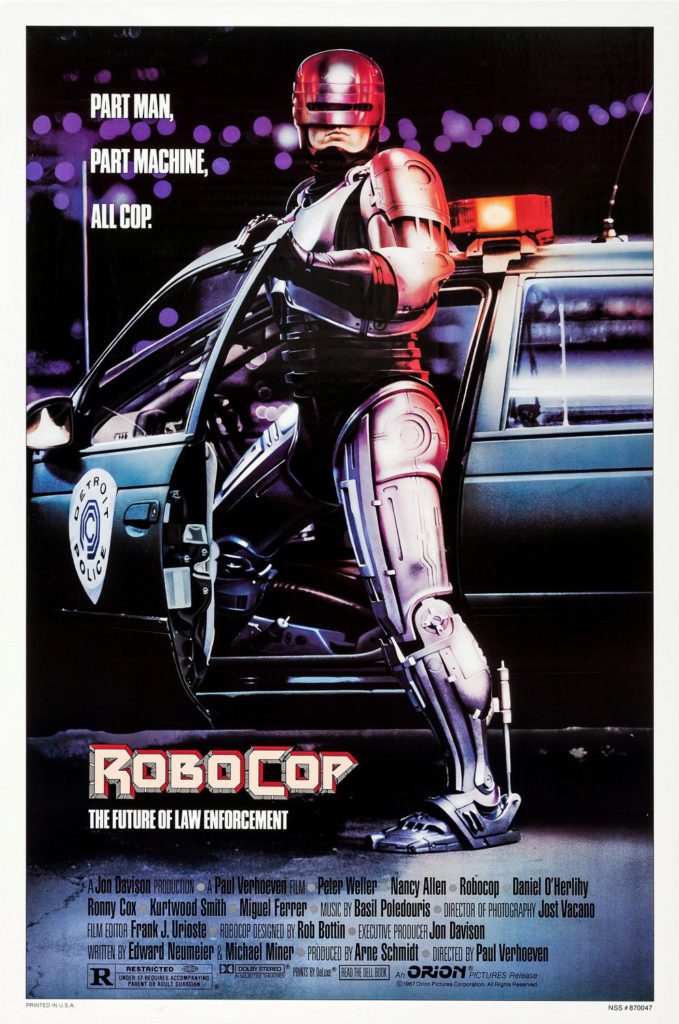The saga continues. Only a few weeks after taking his seat in the Senate, dubiously but legally, it appears the Senate’s initial wariness towards Roland Burris may have been well founded. First, Burris swore in an affidavit that neither he nor his representatives had any contact with Illinois Governor Rod Blagojevich or his representatives prior to his being chosen to fill Barack Obama’s vacated Senate seat. Then, he stated that he had been asked to raise money for the Governor’s reelection but had refused. Now he says that he did attempt a fundraiser for the embattled Governor prior to his appointment, but had been unsuccessful. Continue reading “Meritocracy, Anyone? – Part 4”
Month: February 2009
Film in the Tubes: Sushi Conveyor
Simplicity can sometimes be sublime. Thus it is with a little film that Andy Scearce made in Japan a few years ago. It’s nothing more than a camera placed on a conveyor belt in a sushi bar. The camera is pointed outwards towards the customers, and makes a four minute journey through the restaurant, into the kitchen, and back out again. The joy in the film is seeing the faces of people as they look up and realize there’s a camera passing in front of them. Most of them do notice, and smile. A few don’t, and we get a light voyeuristic peek into a moment of their lives, grabbing a meal or having some conversation. For something so simple in idea and execution, it’s a striking film.
Sushi Conveyor used to be available by clicking here, but has gone missing. If I ever come across it again, I will surely link to it.
The Empty Balcony: Robocop (1987)
 Dystopian future societies are the stuff dreams are made of. They are what grow from the seeds of our own decadence and shallowness. The moral bankruptcy, and sometimes outright horror, of the settings of films like Blade Runner, A Clockwork Orange, THX 1138, Escape from New York, and Soylent Green wouldn’t be possible if writers and directors didn’t look around them and see the lightning speed with which we throw ourselves into unknown futures, sometimes without regard for so many of the present realities which work so well and don’t need change. The ever-present message is that change, sometimes jarring change, is inevitable. Films that look to the future warily revolve around placing the viewer in the role of Rip Van Winkle. When the theater lights dim, the familiar world of today dissolves into the freak show of tomorrow. The overriding questions always being: Why are the people onscreen comfortable with this? Why doesn’t everybody see how wrong things are?
Dystopian future societies are the stuff dreams are made of. They are what grow from the seeds of our own decadence and shallowness. The moral bankruptcy, and sometimes outright horror, of the settings of films like Blade Runner, A Clockwork Orange, THX 1138, Escape from New York, and Soylent Green wouldn’t be possible if writers and directors didn’t look around them and see the lightning speed with which we throw ourselves into unknown futures, sometimes without regard for so many of the present realities which work so well and don’t need change. The ever-present message is that change, sometimes jarring change, is inevitable. Films that look to the future warily revolve around placing the viewer in the role of Rip Van Winkle. When the theater lights dim, the familiar world of today dissolves into the freak show of tomorrow. The overriding questions always being: Why are the people onscreen comfortable with this? Why doesn’t everybody see how wrong things are?
Simply put, because that’s how things in the future work. People in the future grow up among the bizarre, things we wouldn’t recognize, as though these were the normal conditions of existence, rather than a manufactured reality that mankind has created for itself. The irony is, of course, that we, in real life, away from the fantasies of Hollywood, live like these silver screen wraiths, embracing the fast pace of technological advance, throwing off the yoke of millennia of human history to embrace the dictates of the electronic age. Implicit in films that depict the future is that civilizational advance is a given, destroying the ways and mores of the past, creating something unrecognizable to those who weren’t witness. This resonates because that is exactly how our ancestors would feel would they awake in today’s world. Continue reading “The Empty Balcony: Robocop (1987)”
